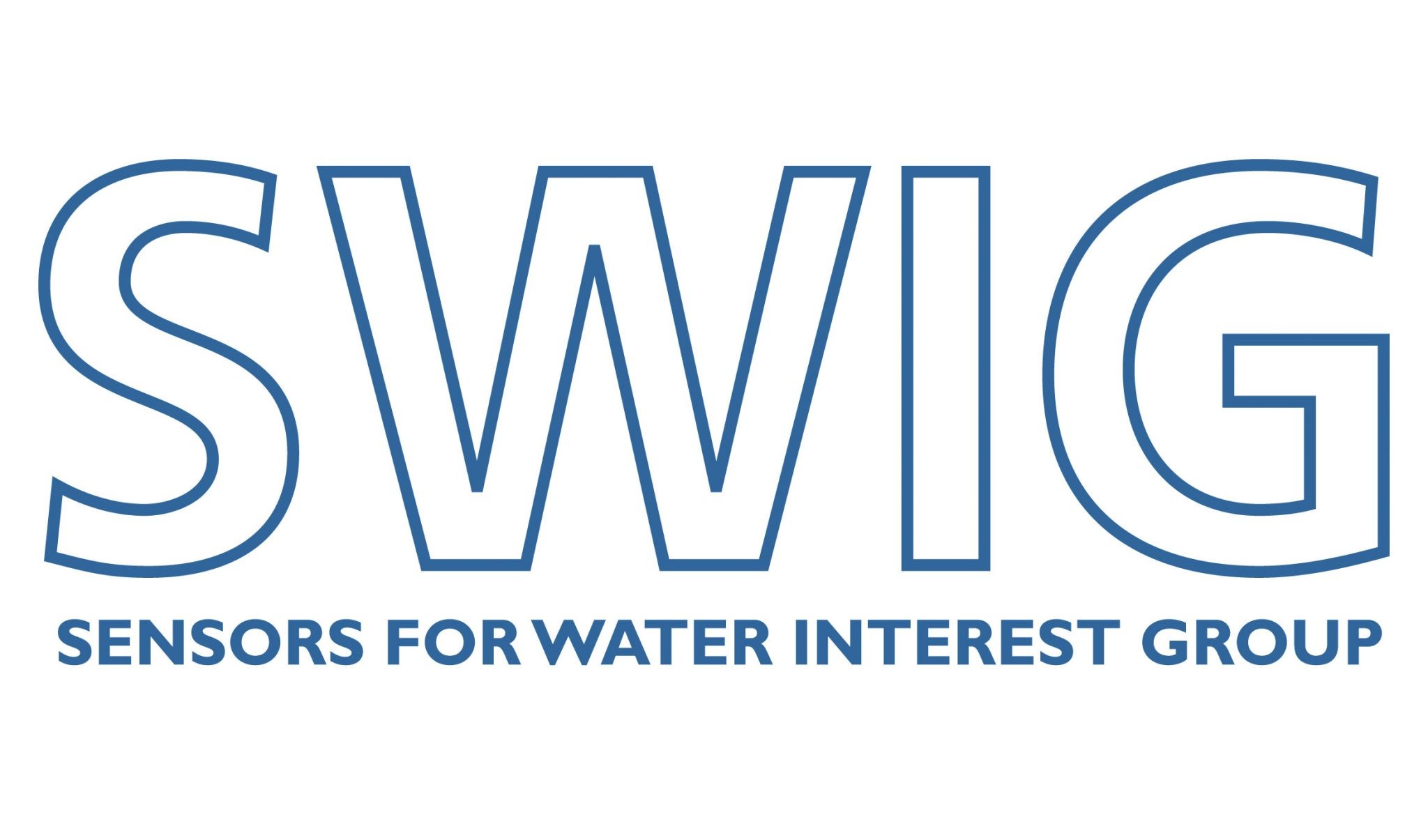SWIG workshop on Biosensors
The definition of biosensing can be twofold. On one hand it is the application of technologies that integrate biological molecules with electronics for the rapid detection of biological interactions on a sensor surface. The other commonly held view is that biosensing is the application of more tradition measurement technologies to detect biological entities within the sample or the environment being studied. A large number of these biosensing technologies rely on optical or electrochemical systems in a variety of configurations from simple dipstick-type devices that measure color or electric current to more sophisticated and complex measurement systems that may use microfluidic channels and nanostructured transducers. Notwithstanding the complexity of the device, an important feature of a biosensor is that it provides rapid results often using portable instruments and can be operated with minimal training.
This workshop will focus on the latest insights into biosensing technologies that have been developed by companies and universities with a view that they will be deployed in the water industry. These biosensors may be used to detect and/or quantify a wide range of chemicals or biologics found in water such as heavy metals, viruses, bacteria, algal toxins, pesticides and pathogens. The talks will cover some of the latest thinking around principles of biosensor instrumentation to talks focused on the application of biosensors to measuring targets in water and issues associated with the use of biosensors for these applications.
For further info see the SWIG website: www.swig.org.uk/event/biosensors/

